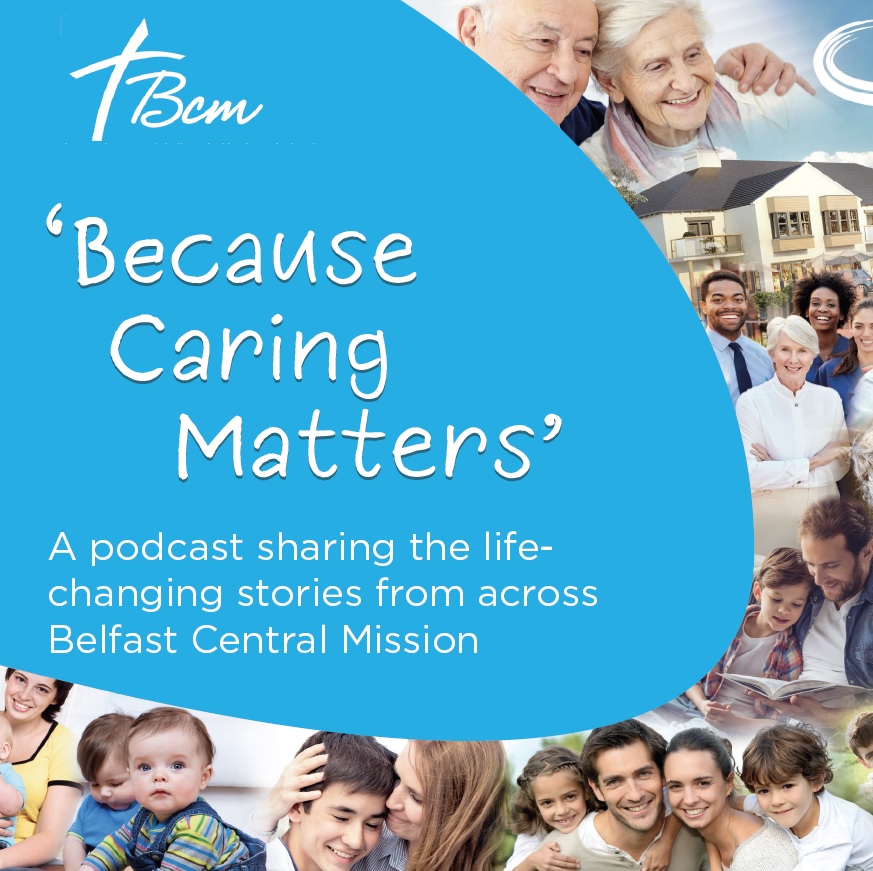Therapeutic Counselling

Therapeutic Counselling
The Therapeutic Counselling Service was set up in November 2003 and is provided to young people 16-25 years old living in the North Down and Ards area.
The young people with whom the service work with come with a wide range of issues including:
-
Depression
-
Anxiety/panic
-
Family/relationship problems
-
Trauma
-
Mental and physical health issues
-
Abuse including physical, sexual, emotional abuse and neglect
-
Self-harm
-
Suicidal thoughts/feelings/behaviours
-
Addiction issues
-
Sexuality/identity issues
-
Low self-esteem
-
Anger
-
Being care experienced
Following COVID-19 there have been a number of changes to the service to provide a more flexible hybrid model. This means that a face-to-face assessment is offered at Newtownards in a private office, where the counsellor can meet with the young person and build up a trusting relationship. After that the client has the choice of telephone and/or video sessions by zoom according to which is most suitable for them. The counsellor and the young person can decide together the frequency of the sessions (usually weekly or fortnightly) and there are regular reviews to assess their progress and where necessary refer to other services.
We accept self-referrals from the young person directly or a referral can be made by social workers, support workers, health professionals or any other professional working with the client.
For further information or to make a referral please contact:
Alison Hogg Senior Counsellor
Tel: 07749 401107 (Mon, Tues and Weds 9am-5pm)
or
Email: counselling@belfastcentralmission.org
If urgent help is needed, please contact your GP, psychiatric services or A and E or alternatively ring
LIFELINE which is available 24/7 on
0808-808-8000
To learn about the first-hand experience of someone who has benefitted from being supported through BCM's Counselling service, click on the image below to listen to an episode of the 'Because Caring Matters' podcast which discusses issues surrounding youth mental health.
Case study (this is anonymised and some details changed to project the client’s identity)
Mark (not his real name) was living in a BCM Supported Housing Project and was due to move out to his own accommodation. He was lonely and isolated as he had limited contact with his family and he had fallen out with his only friend. He got on well with the staff at BCM and was worried about how he would manage in his own accommodation. At the time of being referred for counselling his mood had dipped significantly and he was prescribed anti-depressant medication by his GP.
He attended a face-to-face assessment and then we had weekly sessions via telephone. He used the counselling sessions to explore his past trauma and recent issues which have contributed to his low mood and he learned new coping strategies for dealing with these.
At one point the client’s mental health took a dramatic turn for the worse but partnership working between BCM Supported Housing and BCM Therapeutic Counselling enabled us to support this client through this crisis. With his consent we worked together to share relevant information on a “need to know basis” and he was kept fully informed throughout this process as we strove to keep him safe.
Another aspect of working across teams is illustrated by how Mark was allocated a BCM Housing Support Worker prior to him leaving BCM Supported Housing which eased with the transition into his own accommodation. This was a positive move for the client (who struggled with changes) and he made a new group of friends, started a relationship and started thinking about possible career options.
This client has completed his counselling sessions and he said that it has helped him to develop new coping strategies and to start to build his self-esteem and confidence. We also looked at ways in which he can challenge his negative thought patterns when they arise, and these are skills which he can continue to practice going forward in his life. This client showed dramatic positive changes in his questionnaires which now indicate that he is in the “normal” range of client distress and a significant reduction in risk in terms of self-harm or suicide.






